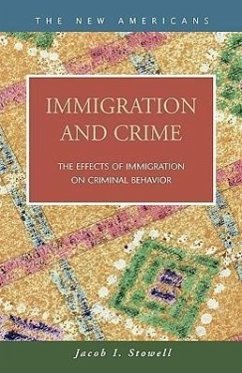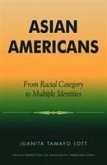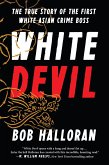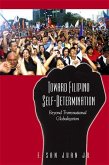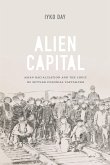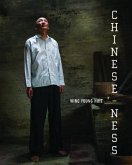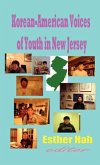Stowell examines the impact of immigration on violent crime. Crimiological theory, and particularly social disorganization theory, has held that immigration is inextricably linked to crime. Stowell tests whether patterns of neighborhood-level violence are partially attributable to the population characteristics of an area, and, in particular, to its nativity composition. His analyses offer both support for and challenges to social disorganization theory. Consistent with theoretical expectations, immigration is found to be indirectly associated with levels of violence. Little support, however, is found for the notion that immigrants are a largely homogeneous population, or that immigration is positively associated with property crime. The results call for a refinement of the disorganization theory, one that is sensitive to the differences among the foreign-born population and one that does not assume a negative impact of immigration on neighborhood social structure and violence.
Hinweis: Dieser Artikel kann nur an eine deutsche Lieferadresse ausgeliefert werden.
Hinweis: Dieser Artikel kann nur an eine deutsche Lieferadresse ausgeliefert werden.

